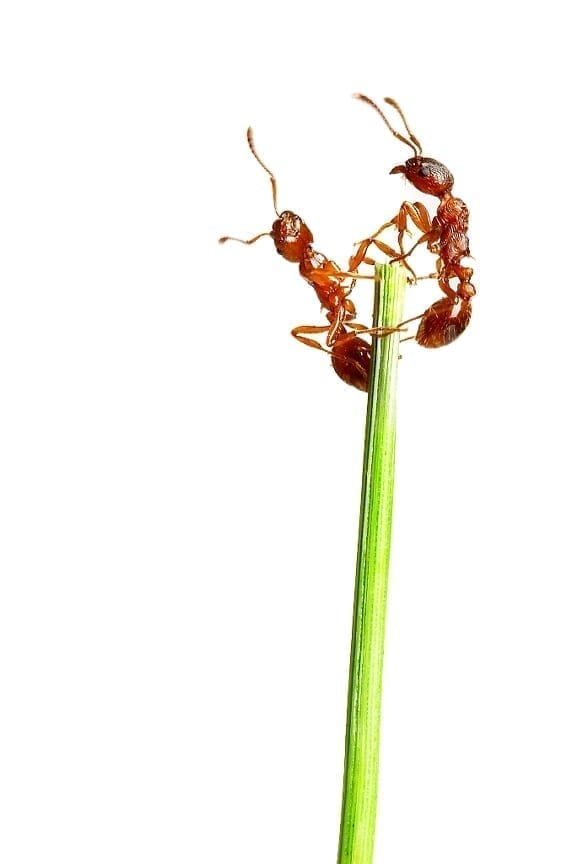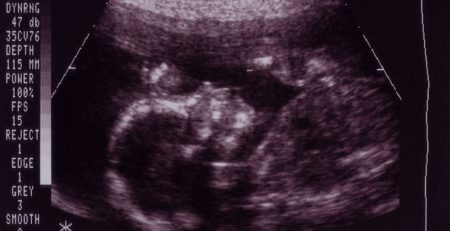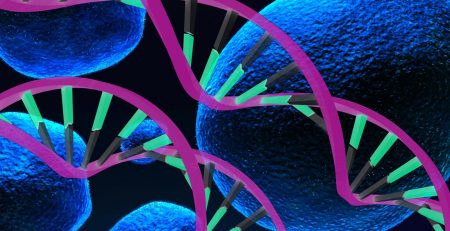Scientists Change Size of Ants
The expression of genes are affected through epigenetics by the environment. Genomes can be turned on or off by certain biochemical reactions, and one of the most studied of these mechanisms is DNA methylation. A McGill team led by Ehab Abouheif and Moshe Szyf performed epigenetic experiments on Florida carpenter ants from Tallahassee. Queens, workers, and soldiers in an ant nest share similar genetics, but are very different in sizes that are specific to their duty. Differences in nutrition and chemical cues trigger many parts of their genome in early development.
Since size is based on each ant’s duty, researchers were able to focus on epigenetic factors. The exposed the larvae to drugs that increased or decreased the degree of DNA methylation of gene involved in controlling growth. “Basically, what we found was a kind of cascading effect. By modifying the methylation of one particular gene, that affects others, in this case the Egfr gene, we could affect all the other genes involved in cellular growth,” first author Sebastian Alvarado now of Stanford explains in a news release. The team resulted in a continuous spectrum of worker ant sizes. They shrunk the ants smaller than those that exist in nature and almost doubling the size of others.














